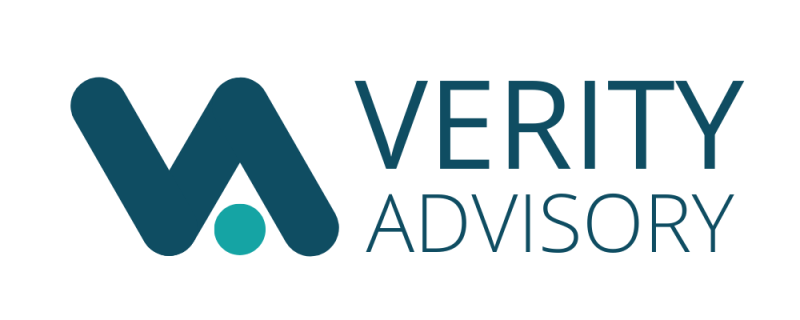Claiming a tax deduction for self-education expenses depends on whether the course or training directly relates to your current work or
business. To qualify, the expenses must improve your skills or knowledge in a way that helps you perform your current job duties more
effectively, and they may even result in a promotion or pay increase.
For example, costs like flying lessons for an air traffic controller or formal study tours aimed at enhancing job-related skills can often
be claimed. However, if the training or course involves personal benefits, such as leisure activities during a study tour, these private
components must be excluded from the deduction.
On the other hand, expenses for courses that help you gain skills for a new career or occupation or prepare you for a job you
haven’t started yet, are generally not tax deductible. Similarly, you cannot claim expenses for education undertaken to transition into a
new line of work.
If you are employed or self-employed, deductions are typically allowed for courses, training, or professional development that enhance your
ability to perform your current role. This could include pursuing a higher degree relevant to your job, attending professional seminars, or
subscribing to resources that improve your expertise in your field. However, any personal use of materials, such as books or subscriptions,
must be accounted for and excluded from the claim.
Because the rules around self-education deductions can be complex and context-specific, it’s advisable to consult a tax professional for
guidance tailored to your situation.



